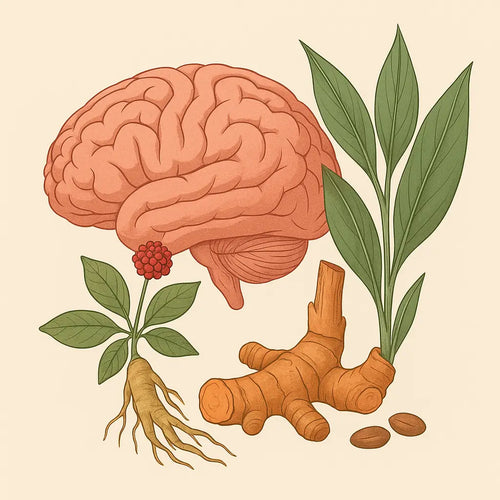
The following research was done to determine if raised blood inflammatory markers are associated with neck pain (Farrell Sf, et al., 2020).
10 studies were included in this research with 706 participants. 4 of these studies were for chronic non-traumatic neck pain, 2 were chronic whiplash related, 1 was mixed chronic and acute whiplash related and 2 were acute whiplash related.
The results showed increased IL-1 beta and TNF-alpha, both inflammatory markers, in patients with chronic neck pain.
This research demonstrated the presence of systemic inflammation in chronic neck pain and indicated that systemic inflammation may contribute to the mechanisms of neck pain.
Several inflammatory markers were also associated with pain intensity, disability, and hyperalgesia (increased sensitivity to pain).
Reference:
Scott F Farrell, Rutger M J de Zoete, Peter J Cabot, Michele Sterling, Systemic inflammatory markers in neck pain: A systematic review with meta-analysis, Eur J Pain. 2020 Oct;24(9):1666-1686.

Hops have also been found to reduce inflammation by inhibiting NF-kappaB and reducing the activity IL-2 and TNF-alpha among other immune regulators.
Ginger is another of the ingredients which have shown to inhibit both cyclooxygenase and 5-lipoxygenase which helps reduce inflammatory and pain-producing prostaglandins.









